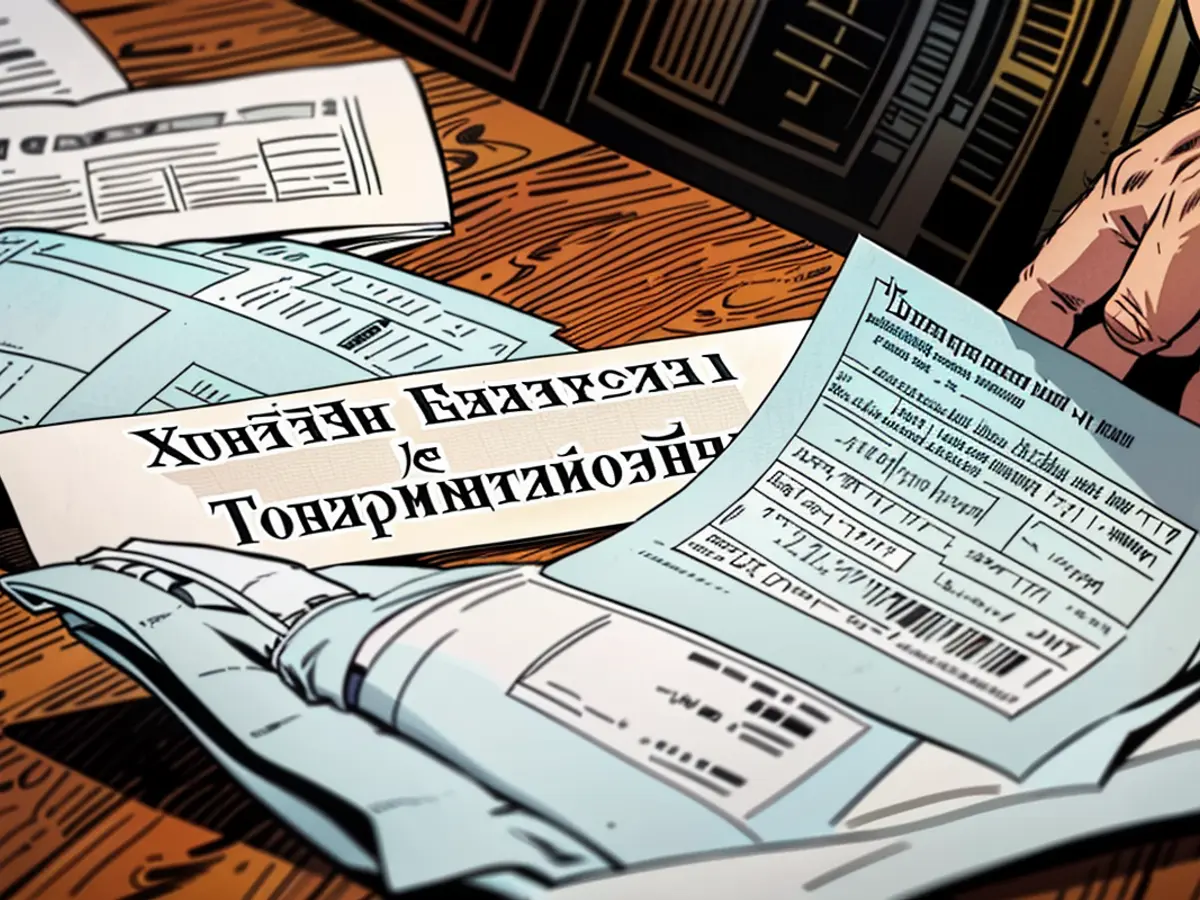Critics ousted: judicial system castigates Russia
The European Court of Human Rights (ECtHR) has found Russia accountable for barring opposition politician Lev Schlosberg from taking part in the 2021 elections. The court viewed this move as a breach of the right to fair elections and has ordered compensation.
The ECtHR based in Strasbourg considered the denial of Lew Schlosberg's admission as a violation of the right to free elections. Russian authorities justified their decision on the grounds of his involvement in an opposition rally. However, the court considered this justification as "unjustified".
Schlosberg participated in a show of support for the late opposition figure, Alexander Navalny, who survived a poisoning attempt and was subsequently imprisoned upon his return to Russia. A Russian court barred Schlosberg from contesting in the Duma elections later due to his participation in this event. In retribution, the ECtHR ordered Russia to pay 5,000 euros in damages and an additional 7,500 euros in legal fees.
The Freedom to Assemble is a Basic Right
The right to participate in a peaceful gathering is a fundamental right, the court underlined. This right should not be penalized, not even by prohibiting participation in parliamentary elections.
The ECtHR was granted the authority to adjudicate on these events as they transpired while Russia was still bound by the European Convention on Human Rights. Russia officially withdrew from this convention in September 2022, following its exclusion by the Council of Europe due to its invasion of Ukraine. Nevertheless, thousands of cases against Russia were ongoing at this point.
The European Union, as a signatory to the European Convention on Human Rights, has expressed concern over Russia's withdrawal, as it could potentially impact the ongoing cases against Russia in the European Court of Human Rights, such as the one involving Lev Schlosberg.
Despite Russia's withdrawal from the European Union's human rights framework, the European Union continues to advocate for the protection of fundamental rights and freedoms, including the right to participate in elections, a principle upheld by the ECtHR in the Schlosberg case.








